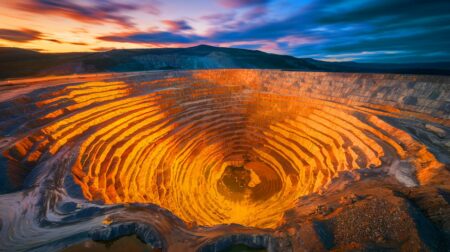First the good news: unlike surface water, which can be impacted by climate change in little time, more than half of the planet’s groundwater reserves will likely take more than a century to be significantly affected.
Now the bad news: this means, however, that future generations might have to deal with severe disruptions in freshwater sources.
This is according to a team of scientists who has published a new study in the journal Nature Climate Change. The researchers set out to determine the timescale under which global groundwater systems will start to respond to climate change. They did so by analyzing the results of groundwater models together with hydrologic datasets.
“Our research shows that groundwater systems take a lot longer to respond to climate change than surface water, with only half of the world’s groundwater flows responding fully within ‘human’ timescales of 100 years,” explains Mark Cuthbert, a research fellow at the School of Earth and Ocean Sciences at Cardiff University, who led the research.
“This means that in many parts of the world, changes in groundwater flows due to climate change could have a very long legacy,” he explains. “This could be described as an environmental timebomb because any climate change impacts on recharge occurring now, will only fully impact the baseflow to rivers and wetlands a long time later.”
The scientists found that groundwater in wetter, more humid locations, such as in the tropics, may respond to climate change much faster (in as little time as 10 years) than at arid locations where water is more scarce, such as in deserts.
Groundwater is the largest available store of freshwater on the planet with more than two billion people relying on it for drinking and irrigation. Groundwater resources get replenished largely by rainfall in a process known as recharge. Water from underground, meanwhile, discharges into lakes, streams and seas. With less rainfall as a result of climate change, groundwater levels could be badly affected, which could in turn have an adverse impact on surface water sources and the ecosystems that depend on them. .
“We have always known that groundwater flow is slow compared to flow in streams and rivers,” observes Associate Professor Martin Andersen, director of the Connected Waters Initiative Research Centre at UNSW Sydney, who was not involved in the study.
“While this may make us think that therefore there is no reason to alarm, it means that climate change effects on groundwater recharge happening now will not come into full effect until our grandchildren and great-grandchildren are in charge of the planet,” Andersen adds. “They will inherit the effects of diminished groundwater resources and the impacts on groundwater dependent ecosystems.”
Did you like it? 4.4/5 (30)








